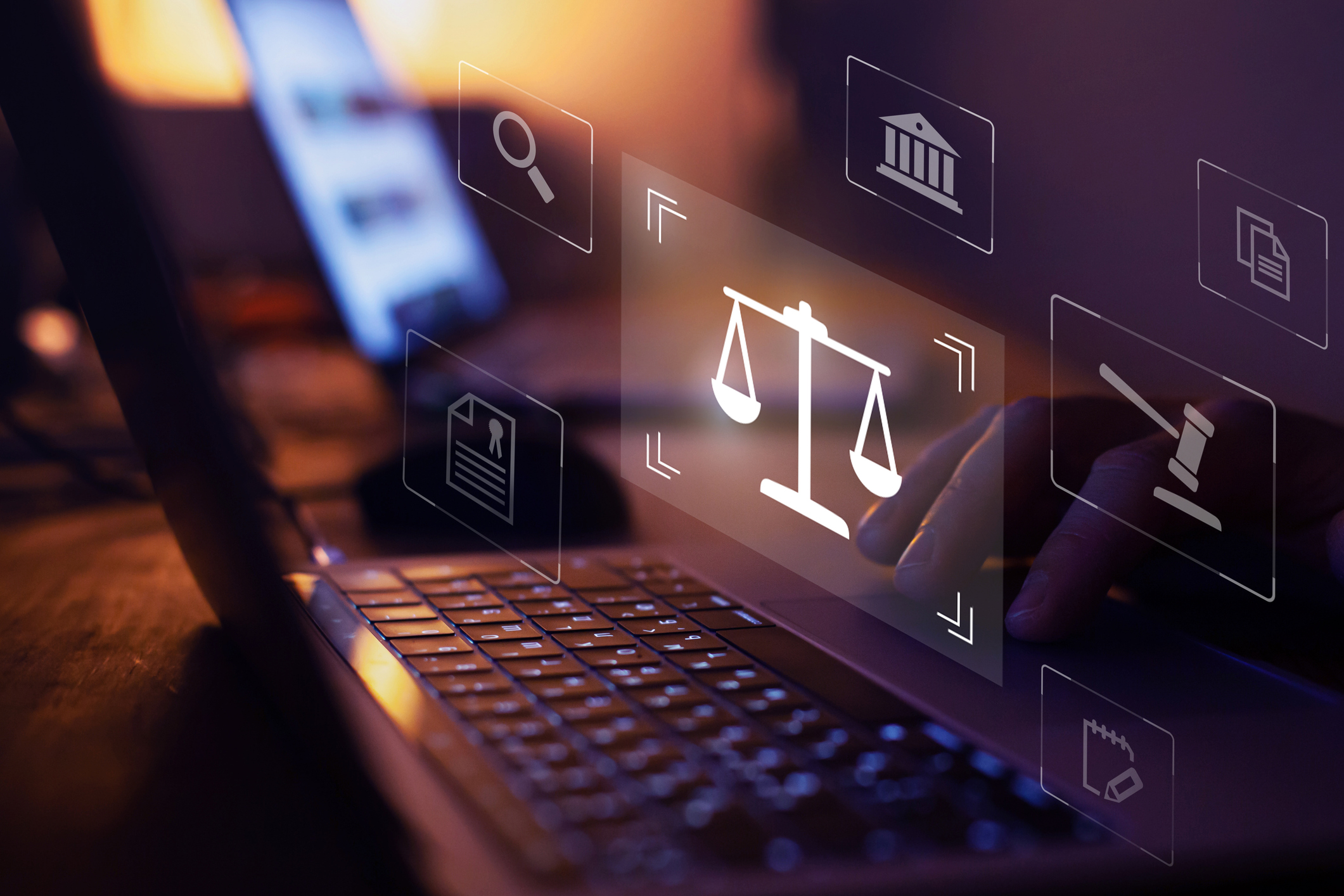How to Run a Law Firm, the 101 Version - Information Technology

If you’ve been following along, this is the sixth part of our blog series where I’m trying to help you answer the question that I asked myself for years in building a firm: What are all of the areas of the business that I should be touching regularly (daily/weekly/monthly) to give myself the best chance of building a successful firm?
What does that mean? Well, it all starts with the fact that a law firm is a business, and just like any other business, to be successful, you have to build-out Operations, Finance, Practice Management,Marketing, IT, Recruiting and Benefits. Once you do that, you have to tie them all together into a set of marching orders for you and your team – aka, a strategic plan.
Today, we are going to tackle information technology(IT). For many managing partners, firm administrators, and legal executives, running a law firm has long meant focusing on people, practice areas, and client relationships. All very important, but IT these days is also a critical component to success. Given how much we do “in the cloud”, firms of all sizes must now prioritize secure IT systems—not only to stay competitive but to maintain compliance and deliver excellent client service. Simply put, how to run a law firm is about IT.
If you’re anything like me, no one taught me aboutIT. Granted, when I started practicing, we had desktop computers and saved documents to our hard drive . . . But I’m fairly certain that these days, no one teaches lawyers about IT in law school.
At Legal Back Office, we provide services to law firms across the country to design, implement, and manage IT systems that the address firms’ confidentiality and information security needs and support strategic growth, operational efficiency, and peace of mind. Below, I’ve outlined the three pillars that define successful law firm IT management:
Pillar I - Optimizing Operational Efficiency Through Technology
Law firm operations are increasingly driven by digital tools. From scheduling and billing to case management and collaboration, every aspect of a firm’s workflow can be enhanced by the right IT infrastructure.However, without a thoughtful approach to integration and maintenance, technology can just as easily become a source of frustration.
Legal Back Office addresses this challenge by offering a suite of services that simplify and streamline IT operations. These include:
- User account management
- Software licensing and renewals
- Responsive help desk
- Device management across workstations, laptops, and mobile devices
These services ensure that your team has uninterrupted access to the tools they need, when and where they need them. More importantly, they lay the groundwork for more advanced technology solutions.
For example, cloud-based case management systems allow attorneys to securely access case files, documents, and communications from any device—critical for supporting hybrid or remote work environments. Automated workflows can reduce administrative burdens by routing tasks, generating routine documents, and triggering reminders for deadlines or filings.Meanwhile, centralized knowledge management systems create a shared repository for internal policies, legal research, and client materials, making institutional knowledge accessible across the firm.
Pillar II - Ensuring Robust Security and Comprehensive Support
Few industries are as data-sensitive as the legal sector. Law firms have an ethical obligation to protect information daily and are increasingly targeted by cybercriminals. A data breach doesn’t just damage reputation; it can bring legal consequences and erode client trust.
This makes cybersecurity not just an IT concern, but a strategic priority.
Legal Back Office offers comprehensive security and support services that are tailored to the legal industry’s unique needs. Our managed IT services include:
- Proactive system monitoring and vulnerability detection
- Regular software updates and patch management
- Rapid response to IT issues or service interruptions
- Secure data backup and disaster recovery solutions
- Employee cybersecurity awareness training
These services create a layered defense strategy that not only mitigates risks but ensures continuity in the face of cyber threats, system failures, or human error.
Pillar III - Providing Peace of Mind Through Reliable IT Partnership
Perhaps the most overlooked benefit of managed IT services is peace of mind. For law firm leaders, IT isn’t just a support function—it’s a strategic enabler. But managing IT internally can strain resources, distract from legal work, and expose firms to unnecessary risk.
Legal Back Office serves as a true IT partner, not just a vendor. Our role is to understand your firm’s goals, align technology with your strategic plan, and manage day-to-day IT operations so your attorneys and staff can stay focused on practicing law.
We provide ongoing strategic planning to ensure your systems are scalable and future-ready. Our crisis management support means you have expert help when it matters most. And our consistent, hands-on support ensures your technology infrastructure evolves in step with your firm.
Conclusion: Your Firm’s Success Is Tied to IT
Technology is no longer an afterthought for law firms—it’s a central component of daily operations, risk management, and long-term strategy. Whether you’re leading a boutique practice or managing amid-sized regional firm, your ability to deliver high-quality legal services depends on a secure, reliable, and efficient IT foundation.
Legal Back Office is here to help. From user account management to cybersecurity, from software licensing to strategic planning, we offer the tools, expertise, and support your firm needs to thrive in the digital age.


